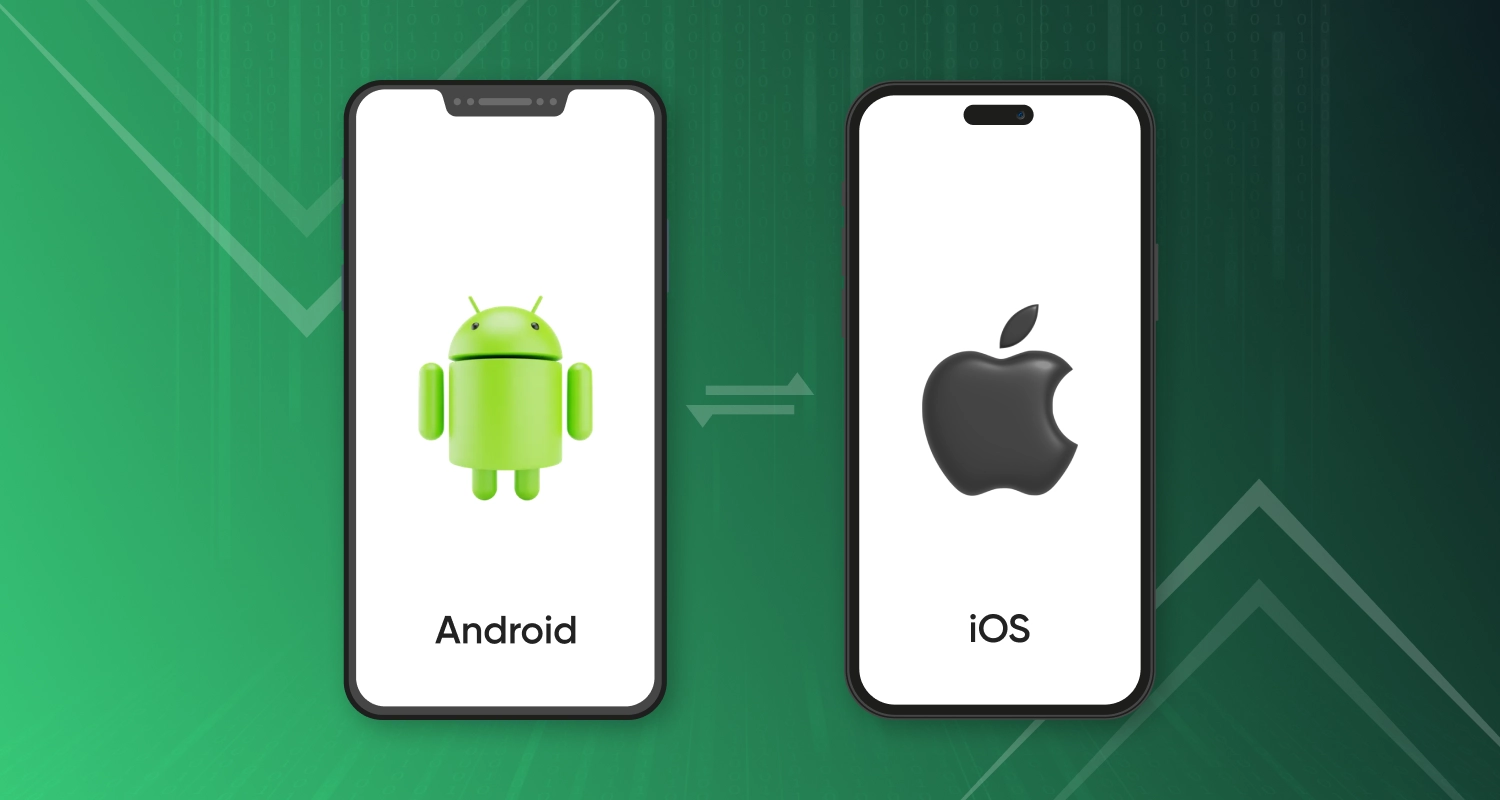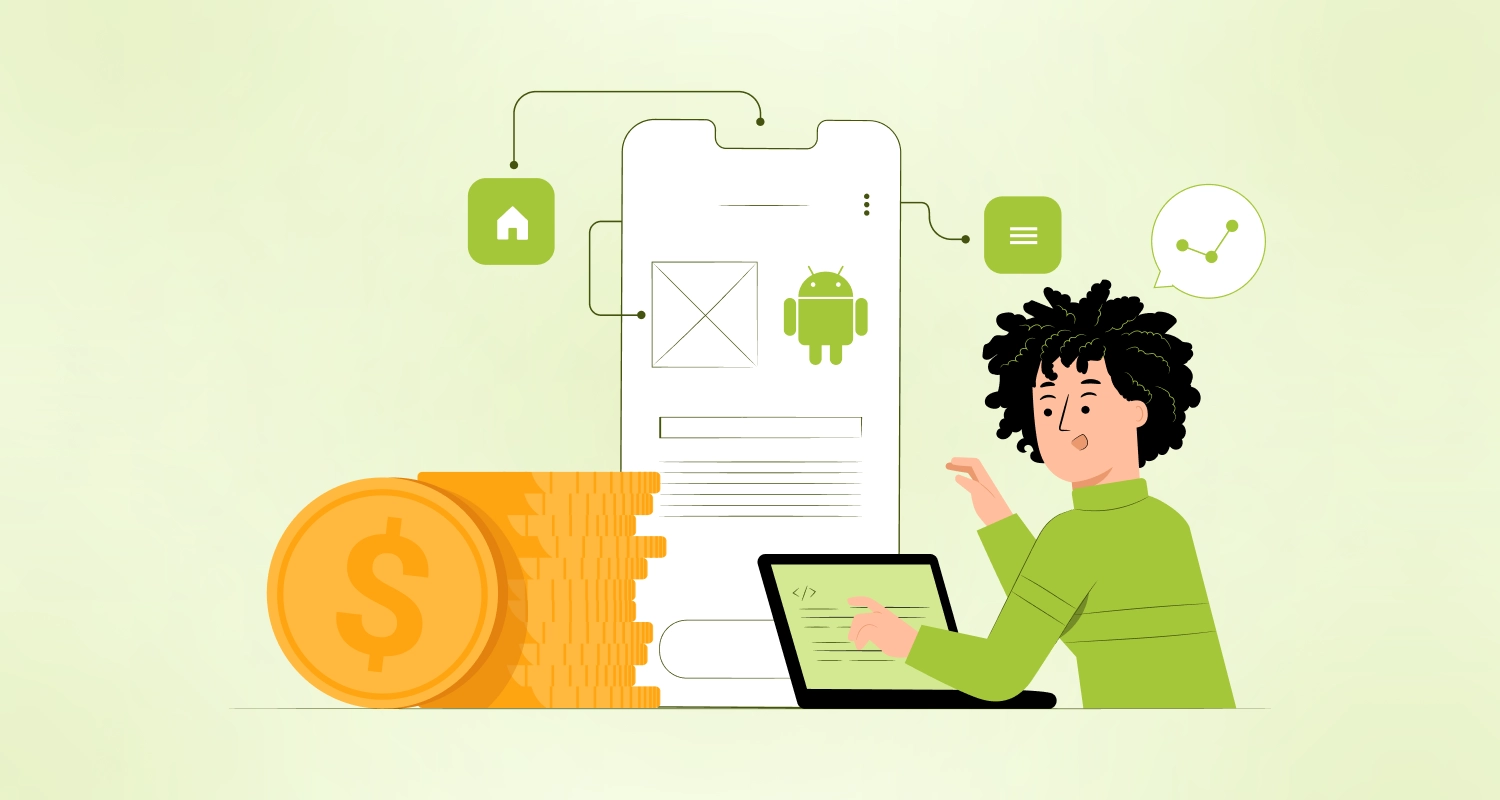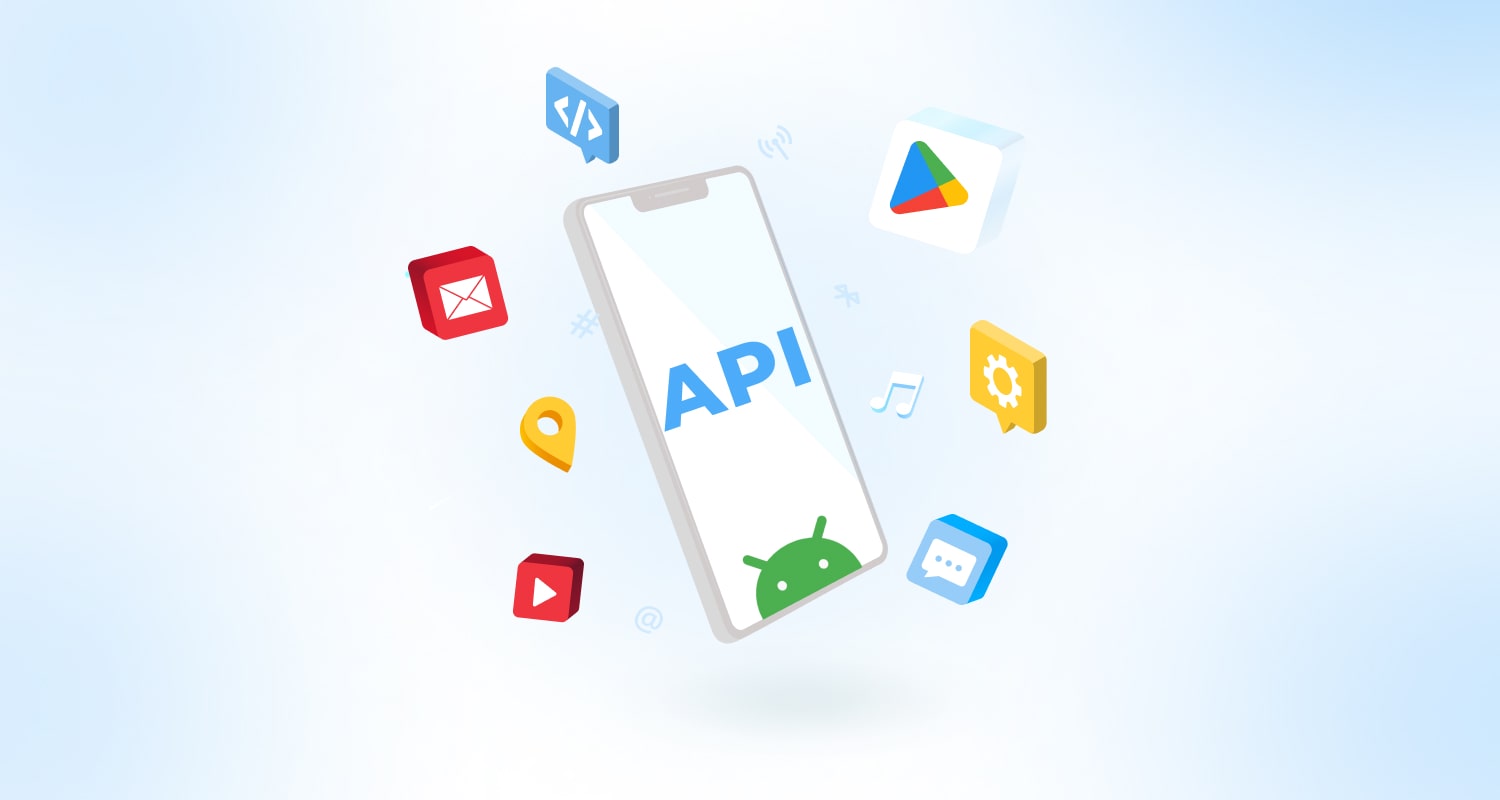Google has been releasing an enhanced version of Android consistently, yet this time it has locked in to make the difference. Google has named its Android OS updates after sweet treats, and in alphabetical order and, after Android Oreo, it was the turn of the letter “P”. Google appears to have settled on Pie as its choice of sweet treat. Android Pie is the latest version of Android, presenting remarkable features that make the experience of using your Smartphone exceptional. It harnesses the power of Artificial Intelligence (AI) to predict how users would like to experience their devices while offering a smoother navigation system and an easier way to track and limit usage of Android apps. It’s available on Google’s own Pixel gadgets, and updates ought to soon be possible to use in partnered devices from essential, Nokia, Oppo, Sony, Vivo, and Xiaomi.
Here Are Some Key Features of Android Pie
Digital Wellbeing
Digital wellbeing, Google has acquainted new ways to keep you educated on how much time you spend on your phone. It is an activity from Google to help track your phone usage. It includes a dashboard that lets you quickly take a look at how much time you are spending on the phone and which application do you utilize the most. The screen goes totally dark at a set time to remind you it’s the ideal opportunity for rest while cutting down on hurtful blue light from the display with Wind Down grayscale alternative.
Notification Improvements
This is an awesome feature for people who can’t be tried to type out a coherent response for themselves. When you download the update, you’ll receive the AI-generated auto-response in the notification area. Among different refinements, replies you send from the notification drawer will likewise be saved as drafts in the appropriate application should you accidentally close the notification. You should simply tap and trust in the machine-learning model. More specifically, you’ll be able to see images you’ve been sent and past messages in a discussion directly from the notification drawer, and you can likewise send photos and stickers without expecting to open an application.
App Slice
App Slices shows a piece of your application from inside another application when you require it the most. Basically, it indicates applicable data from your most favorite applications to the surface when you require it. If you start typing “Ola” into Google Search, you’ll see a “slice” of that application, showing costs for your ride home and the ETA for a driver so you can make a move more quickly and easily.
Do Not Disturb
The Do Not Disturb feature is comprehensive and covers calls, notifications, messages, updates, and bounty more. It’s easy to use, as turning it on will automatically hinder all visual and sound interruptions. You can modify this further if you want.
Adaptive Brightness and Battery
With Android Pie, Google has joined forces with Alphabet’s DeepMind AI research team to using machine learning to improve brightness management and battery life in Android. The activity has presented two new features: Adaptive Brightness and Adaptive Battery. Adaptive Battery uses machine learning to learn your behaviors and priorities battery power only for the apps and services you use the most. Adaptive Brightness use machine learning to set your screen’s brightness in different lighting environments and automatically does it for you over time.
App Actions
App Actions predicts what you’re going to do, so you get to your next task all the more rapidly based on your context and displays that action right on your phone. For example, when you put in headphones after work, you may see options to call or start your favorite playlist. It’s a delight to use, and a major upgrade over past versions.
Indoor Location Tracking
Google Maps is maybe the best blessing Google has given humankind, yet it depends on a few technologies such as GPS, cell tower triangulation that doesn’t work with indoors. With Android Pie, Android devices gain support for the Wi-Fi Round-Trip-Time (RTT) that enables indoor GPS-style tracking. With the proper hardware support, apps can use Wi-Fi RTT to measure the distance between RTT-capable Access Points. Using this information, the application can then determine your location within a building and provide you turn-by-turn indoor directions. The new RTT API can also use a multilateration (MLAT) algorithm to appraise your device’s position when your device identifies at least three Access Points.
Improved Recent Apps View
The upshot is a Recents screen that is extensively more flexible and should spare you a few taps. The individuals who demand frequently dumping their cache of applications will value the presence of a “Clear All” button, however in Android Pie, when you swipe up on the pill-formed button, it shows the overview screen, which lists a majority of your ongoing applications. Even if you don’t see the pill-shaped icon you can at present tap the “Recent” button at the bottom at the base ideal to get to the new view in Android Pie. To force-close, an app, simply swipe up on it. You can likewise swipe sideways on the pill-shaped button to flip between your ongoing applications, making multitasking significantly more natural.
Gesture Navigation
This is another very important feature of Android Pie. It encourages you to explore the framework without using the old navigation bar. You can switch applications effectively utilizing gestures instead of buttons. The home button is currently a thin dash, and when you slide up from it, your ongoing applications show up with full-screen previews that you can flick through. A second slide conveys all your applications to the screen. This is altogether designed with an eye toward phones getting longer, and it should make it less demanding to work your Android device with only one hand.
Rotation Controls
Android Pie includes a convenient icon that pops up when your phone’s orientation changes; tap it, and you can manually override any lock without diving into your phone’s settings. Because sometimes you’d like to see an email or photograph in an alternate orientation. What’s more, some phone users like to keep the orientation of their phone screens locked to prevent them from accidentally shifting between landscape and portrait views at the insignificant flick of a wrist.
An Easier Way to Take Screenshots
With Android Pie, taking a screenshot is not at all limitation by using the power + volume down button combination. Recognizing the difficulty of this combo, Google acquaints an additional way to take screenshots by utilizing the power menu. With Android Pie you are moving one step closer to a button-free smartphone future, as capturing screen currently doesn’t require the use of hardware keys at all.
Android P is the successor to the Android Oreo and accompanies more intelligent features. It outlines three essential work standards, as characterized by Google – Intelligence, Simplicity, and Digital Wellbeing. With Android Pie, Google allows the users “do more by using less”. Underneath Pie’s more specialized alternatives and upgrades which can be executed in the Android mobile applications. Android Pie thick crust lies a flavorful set of new features designed to enhance the lives of Android users. Android Pie brings a huge number of features for enterprises, making it simple for users to share a single device for move specialists or open booths. Taking a gander at affection of users towards Android OS, it is desirable to go for Android App Development Companyfor your business.








